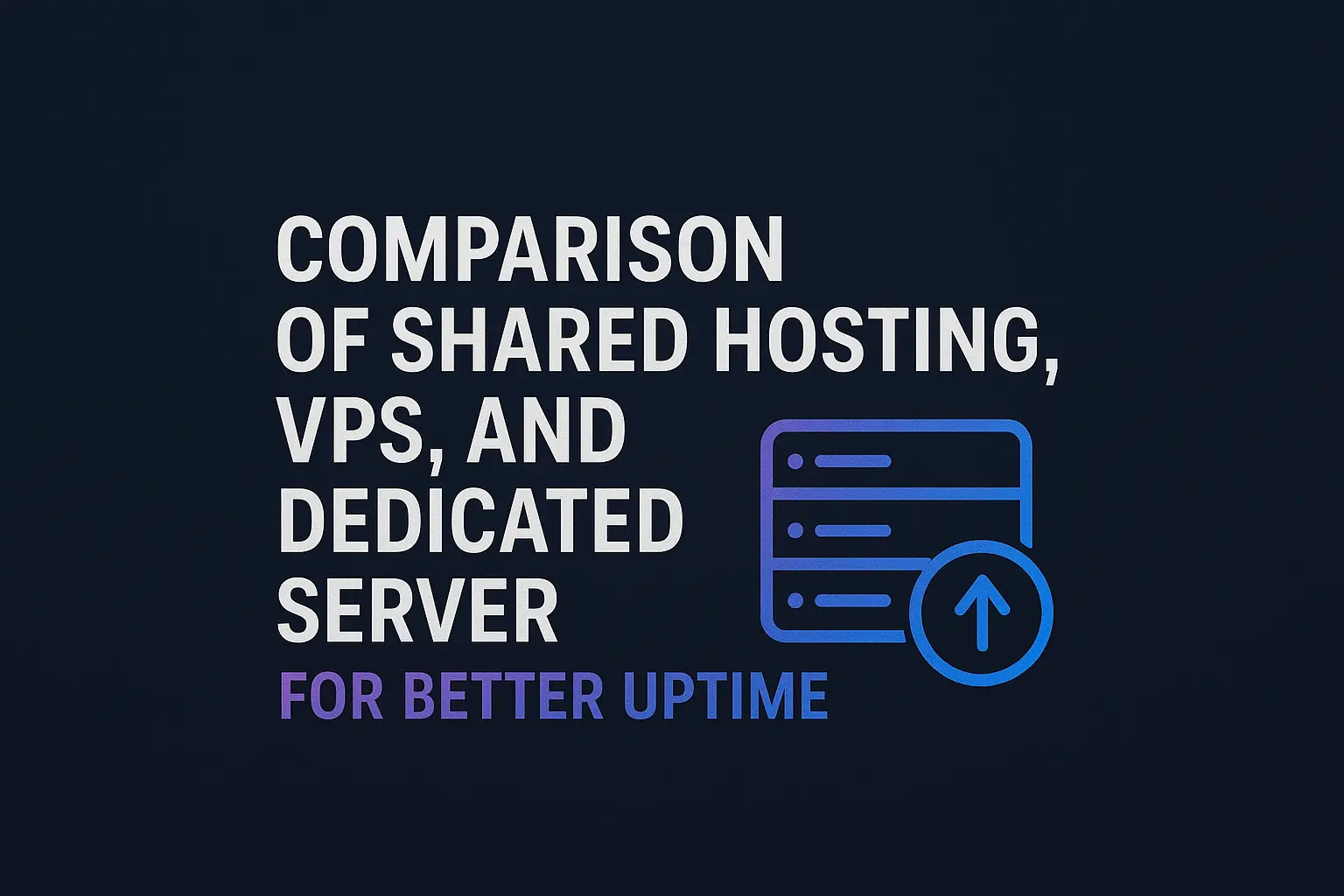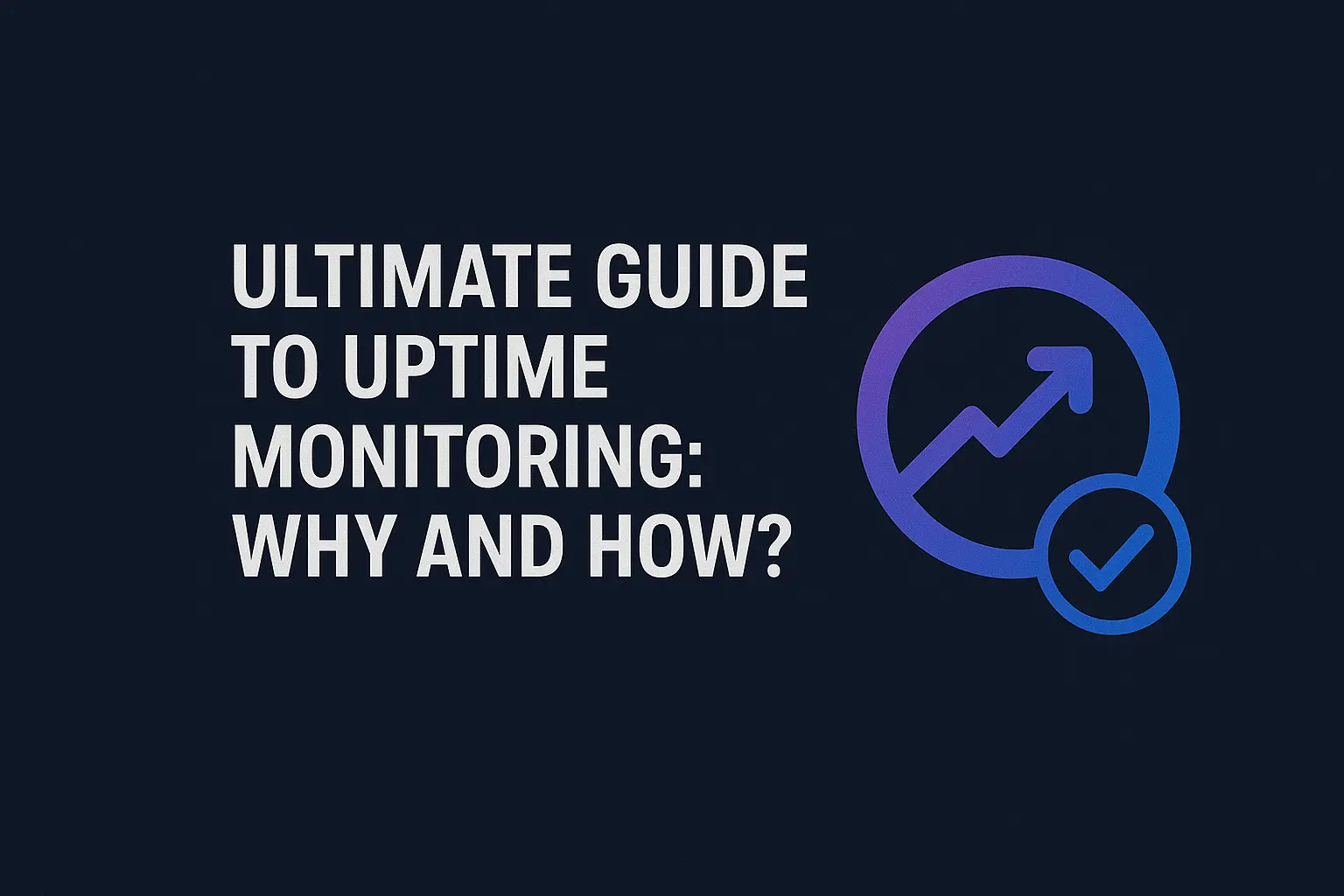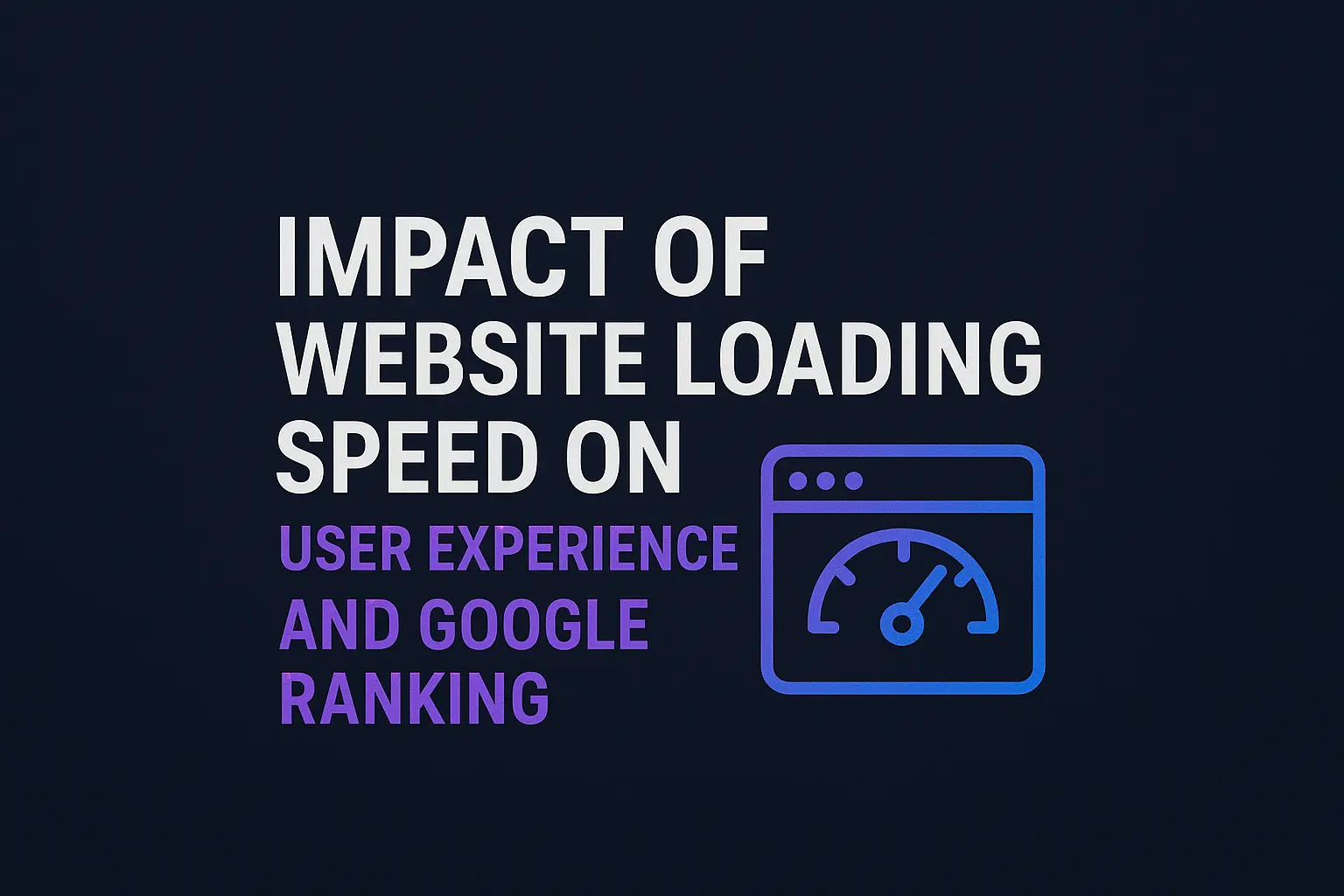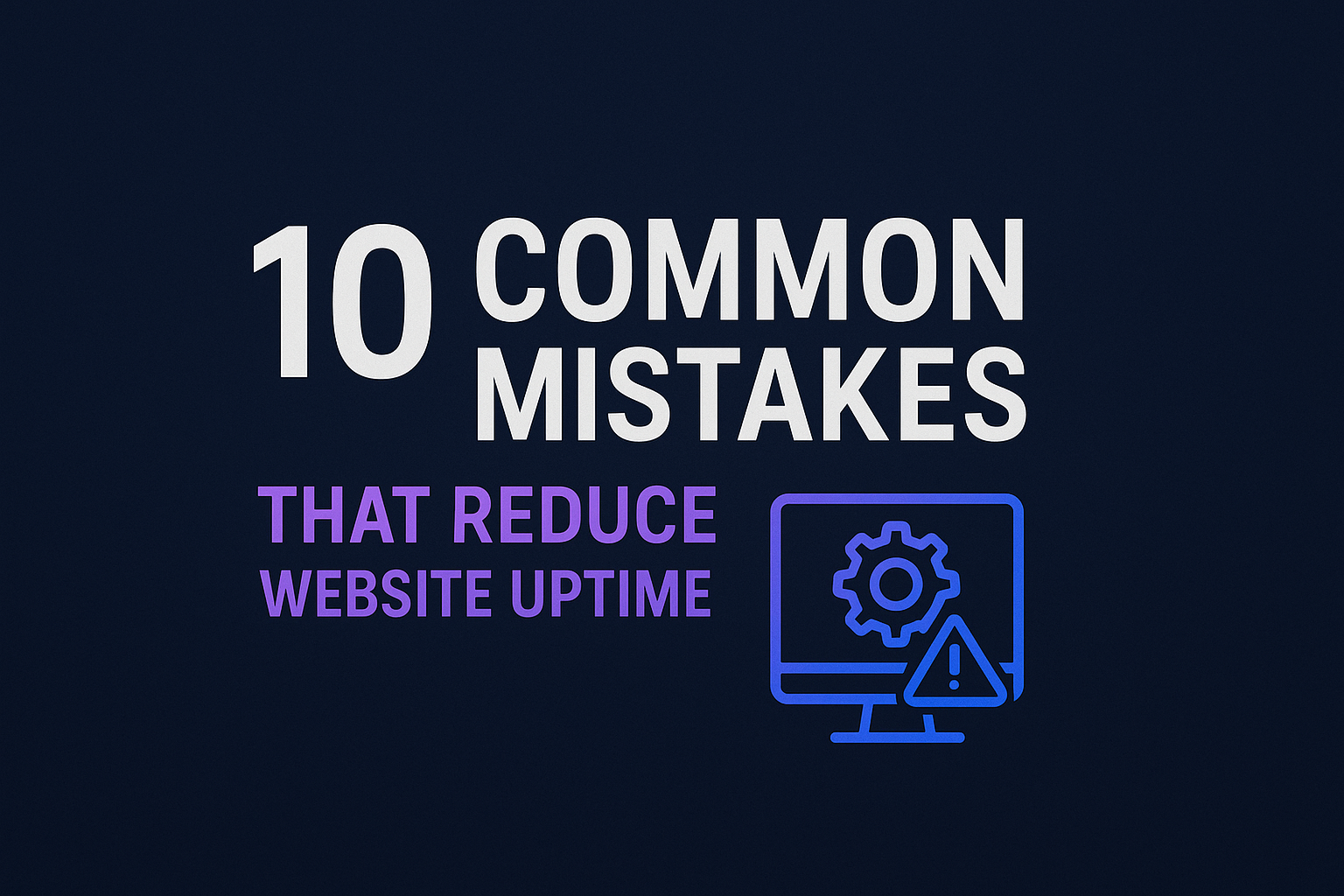Choosing the right type of hosting is one of the most important decisions for any website, as it directly affects uptime, speed, security, and user experience. A wrong choice can lead to loss of visitors, lower Google rankings, and even financial loss. In this article, we will comprehensively review the three main hosting options: Shared Hosting, Virtual Private Server (VPS), and Dedicated Server, and guide you on which option is best for achieving better uptime.
Why Choosing the Right Hosting Matters
According to statistics, websites that experience more than 5% downtime annually can lose about 20–30% of their users, which significantly impacts revenue. Therefore, selecting a hosting service with stability and sufficient resources is crucial.
1. Shared Hosting
In shared hosting, multiple websites share the same server, dividing its resources among all users. This type of hosting is suitable for small or beginner websites.
Advantages of Shared Hosting
- Low and affordable cost
- No advanced technical knowledge required for server management
- Simple support and essential features suitable for small websites
Disadvantages of Shared Hosting
- Lower speed due to shared resources
- Lower uptime compared to VPS and Dedicated Servers
- Limited customization and software installation options
2. Virtual Private Server (VPS)
A VPS is a physical server divided into multiple sections, where each user has dedicated resources. This option is ideal for medium-sized websites and online stores.
Advantages of VPS
- Dedicated resources for each website
- Better security and stability compared to shared hosting
- Ability to install custom software and greater control over the server environment
Disadvantages of VPS
- Higher cost compared to shared hosting
- Requires technical knowledge to manage the server
3. Dedicated Server
In a dedicated server, all server resources are allocated to a single website, offering the highest uptime, security, and control.
Advantages of Dedicated Server
- Highest speed and uptime
- Very high security and minimal risk of hacking
- Full customization and ability to install desired software
Disadvantages of Dedicated Server
- High cost
- Requires a professional management team or a dedicated server administrator
Hosting Comparison Table
| Feature | Shared Hosting | VPS | Dedicated Server |
|---|---|---|---|
| Speed | Medium | Good | Excellent |
| Uptime | Medium | Good | Excellent |
| Security | Low | Good | Very High |
| Customization | Low | Medium | Very High |
| Cost | Low | Medium | High |
How to Choose the Best Option
To choose the best hosting, consider your website's needs, budget, traffic, and uptime sensitivity:
- Small websites or blogs: Shared Hosting
- Online stores and medium websites: VPS
- Organizations, high-traffic, or critical websites: Dedicated Server
- Always use monitoring services like Uptime Plus to quickly detect issues and maintain your website's uptime.
Conclusion
Choosing the right hosting type directly impacts your website’s speed, security, and uptime. Shared Hosting is suitable for small websites, VPS is better for medium-sized websites, and Dedicated Servers provide the highest stability and security for critical websites. Using monitoring tools like Uptime Plus helps maintain uptime and quickly identify problems.




Comments 2
Login to comment
To add a comment, please login first.
تشکر از مطالب مفیدتون.
واقعاً انتخاب هاست درست، نصف راه موفقیت سایته. من خودم اول با هاست اشتراکی شروع کردم، ولی بعد از مدتی که ترافیک سایت بالا رفت، مجبور شدم به VPS ببرم. توضیحاتتون دربارهی مزایا و معایب هر کدوم خیلی واضح و کاربردی بود. ممنون